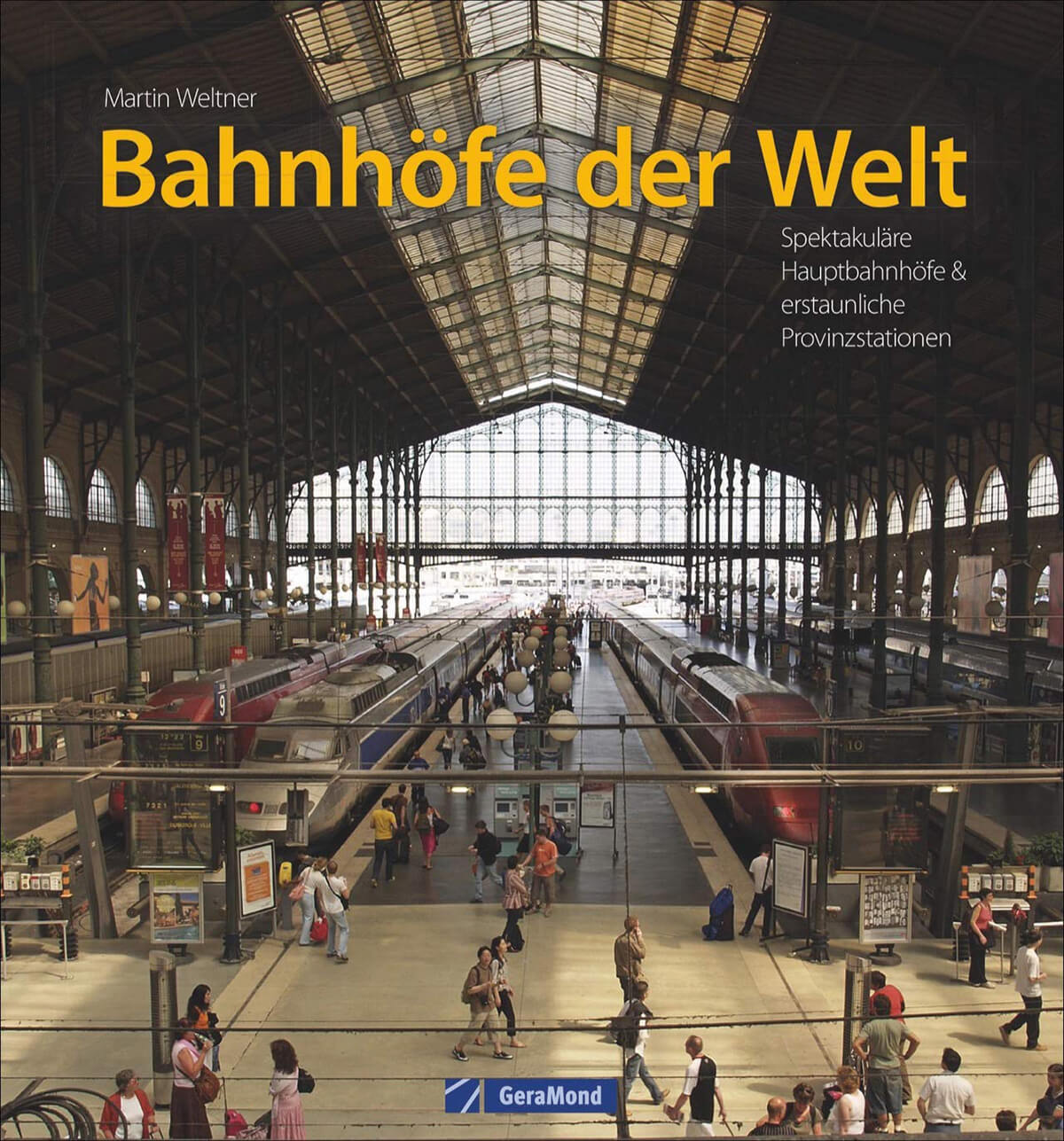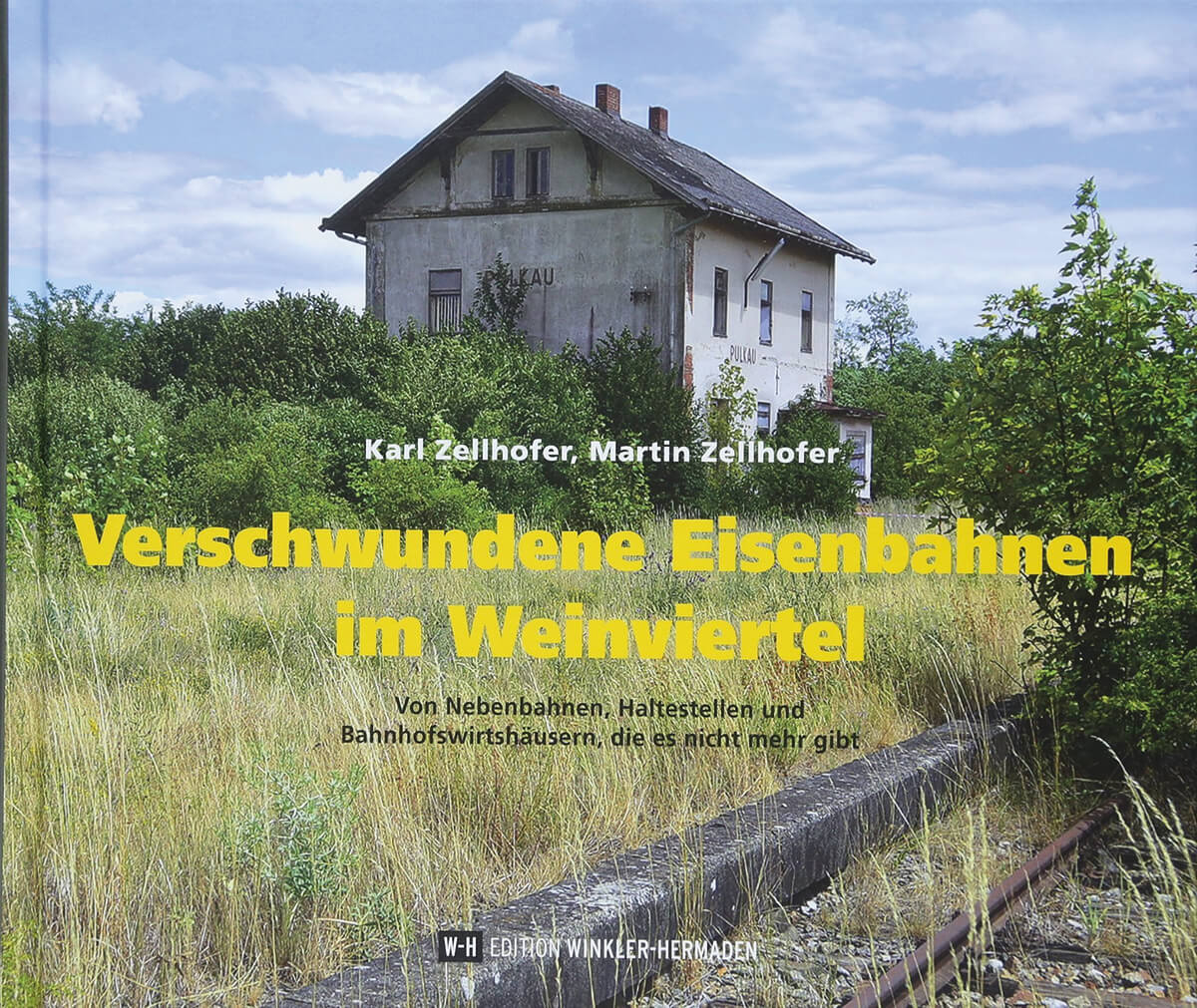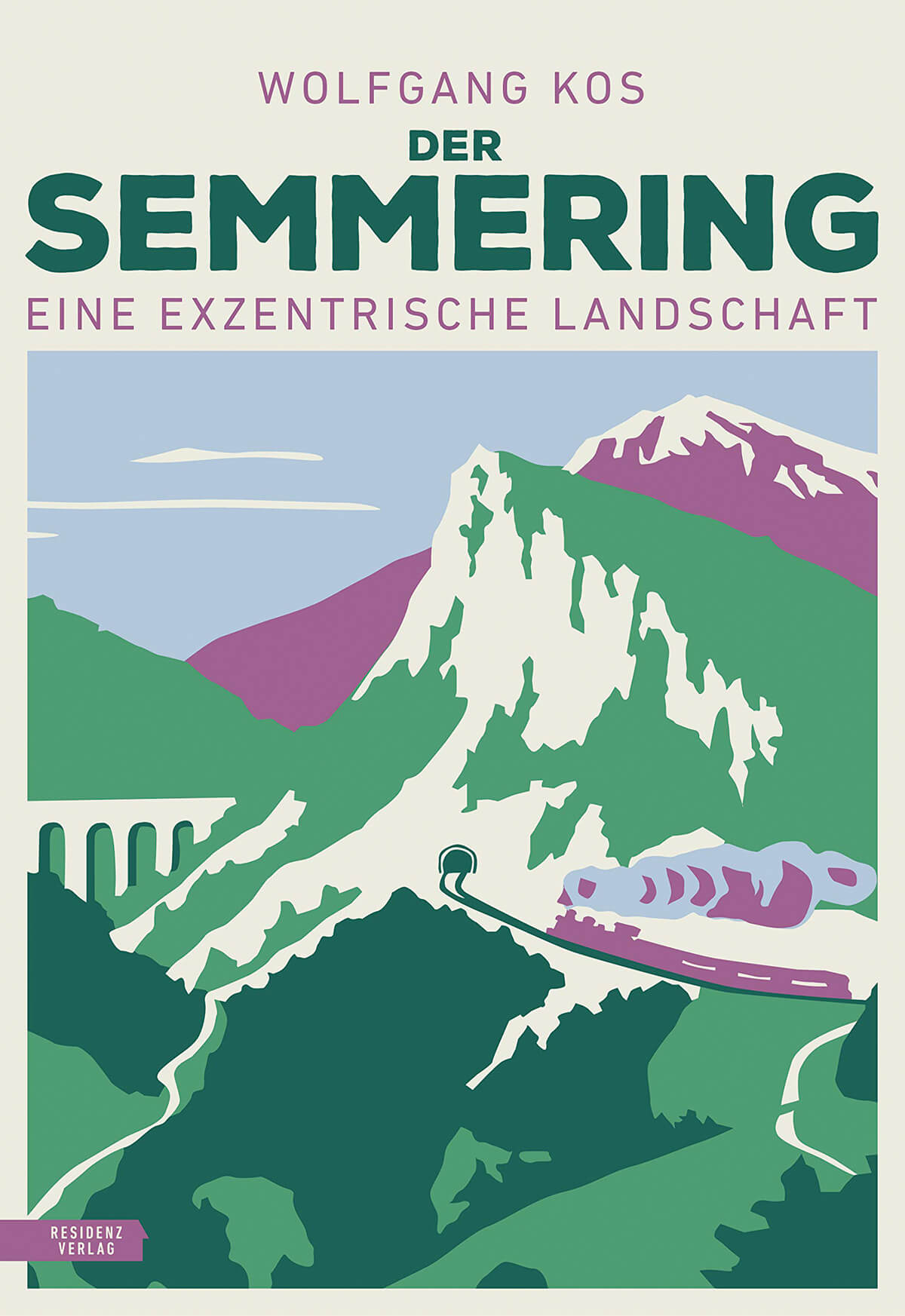Positions on Transport, Technology, Innovation
Really? Advent again?
Almost exactly one year has passed since we met for the editorial meeting for the first issue of Level X, It was to be published under the title “Light at the End of the Tunnel” right at the beginning of the year.
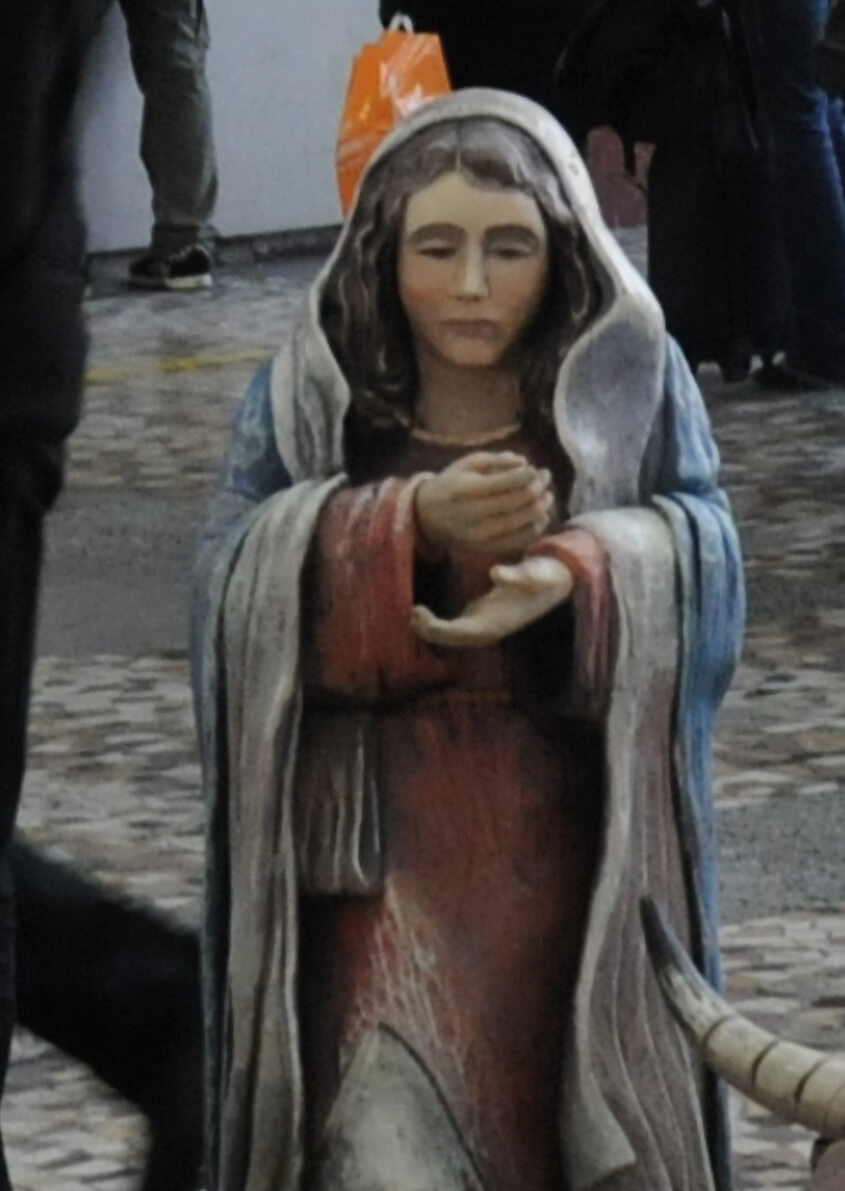
On the occasion of the first year of Level X, I look forward to your feedback, suggestions for new stories or critical comments.
Send us your message to This email address is being protected from spambots. You need JavaScript enabled to view it.
As always, I hope you enjoy reading this issue, wish you a reflective Advent, merry Christmas in the company of your loved ones and a brilliant start into a successful year 2022.
Laurenz Trunner
and the EBE Solutions team
The Christmas crib in the ticket hall of the Südbahnhof, © Didi Sattmann/Wien Museum
The last hours at the southern terminal
12 December 2009:
the last day of operation of the southern station
On 12 December 2009, the last day of operation of the Südbahnhof, the atmosphere was exuberant. Hundreds of Viennese celebrated the farewell of a station that – although by now quite run-down – had become a place of arrival and longing for many. Whether students arriving in Vienna from the southern provinces, guest workers from the former Yugoslavia and Turkey or simply families returning from a holiday or day trip: They had all become all too familiar with the ticket hall with its terracotta floors, the ticking "eyes" of the art installation above the escalators and the Markus Lion in front of the ticket offices. And of course the life-size Christmas crib that was placed in the ticket hall every year. All that now had to give way. And so they celebrated a nostalgic farewell and applauded the last train leaving the building, which was built in 1956, in the direction of Mürzzuschlag at 11.59 pm.
After that, everything went quickly, because demolition began the very next day. Before that, however, museums and institutions secured relics of the station, because the Südbahnhof was not to be completely forgotten. The large lettering went to the Wien Museum, where it was later mounted above the entrance on the occasion of an exhibition. And there it caused confusion again and again: tourists came to the museum to buy train tickets.
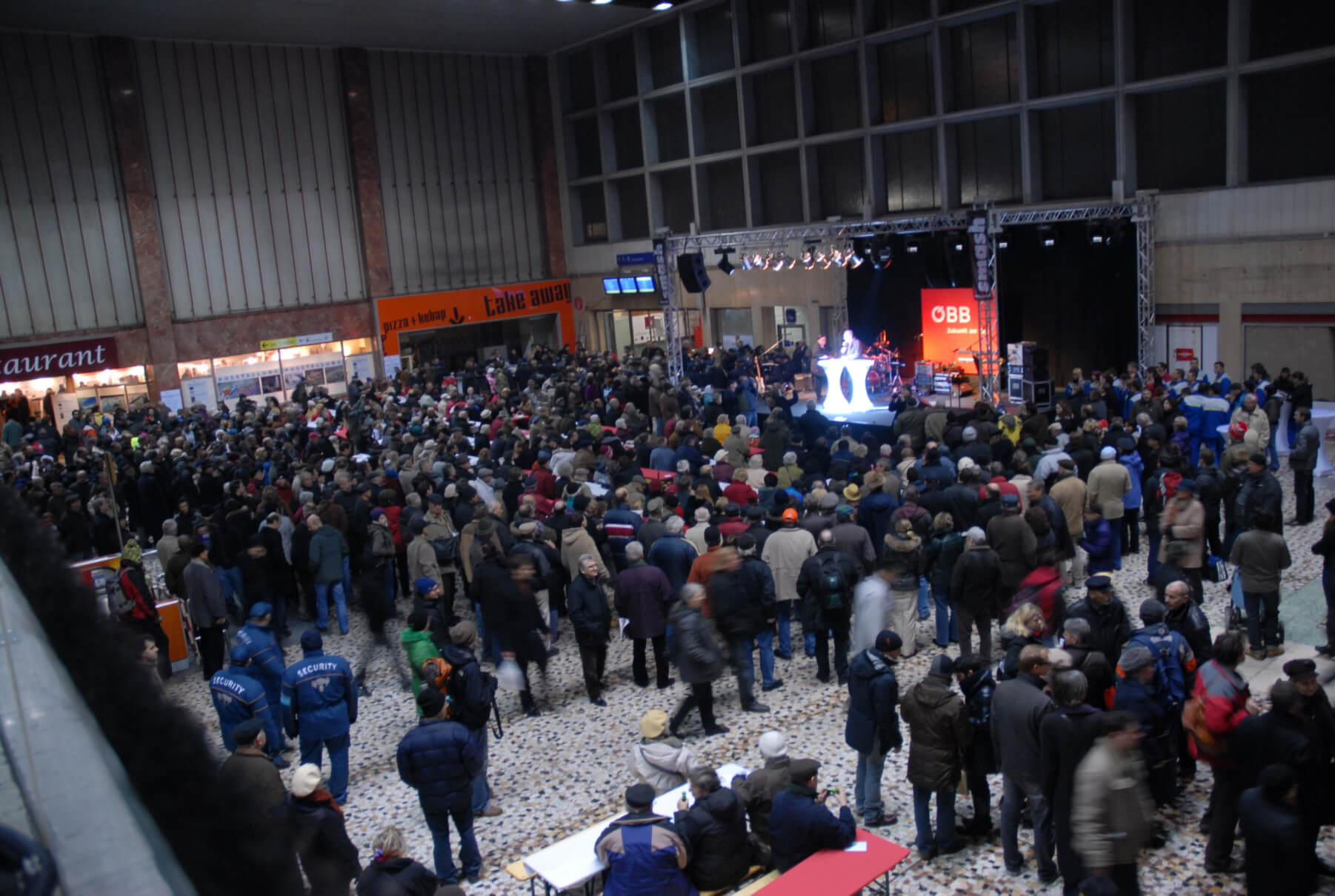
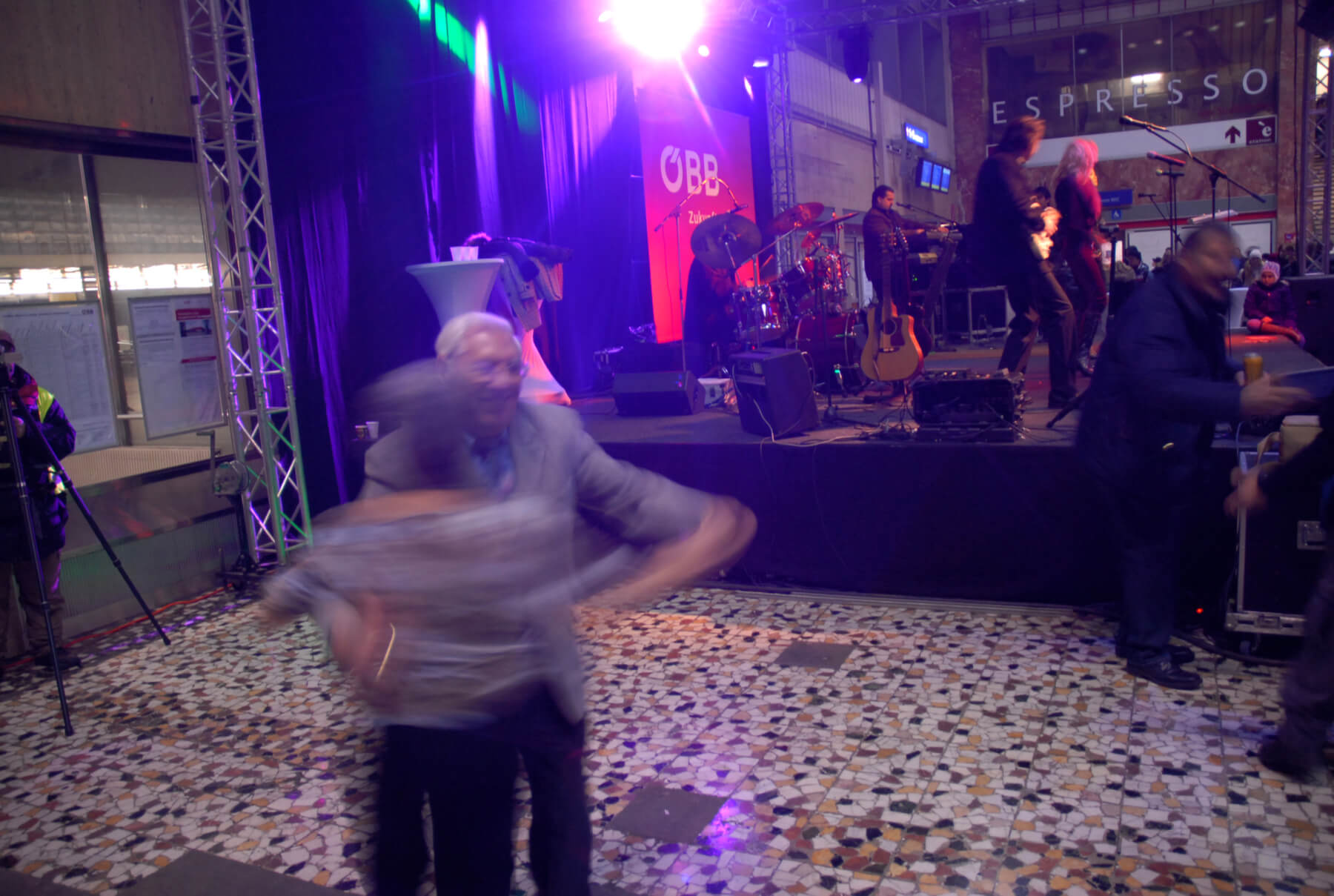 Farewell party on 12 December 2009 Photos: Didi Sattmann/Wien Museum
Farewell party on 12 December 2009 Photos: Didi Sattmann/Wien Museum
The lettering above the entrance to the Wien Museum Photo: Herta Hurnaus/Wien Museum
Spectacular railway stations
Places of new departure
Ever since the first railway stations opened (the oldest still in operation is Liverpool Road Station in Manchester, opened in 1830), they have served as prestigious flagships for the railway lines – and later for the cities.
At the time when the new main station was built in Vienna as part of the ÖBB’s station initiative, spectacular new buildings were also being built elsewhere in Europe.
 © Roman Boensch/ÖBB
© Roman Boensch/ÖBB
Hauptbahnhof Vienna, 2014
The interior design of the main station was aimed at enhancing the subjective feeling of security. Continuous daylight openings from the platform to the underground car park create a pleasant atmosphere.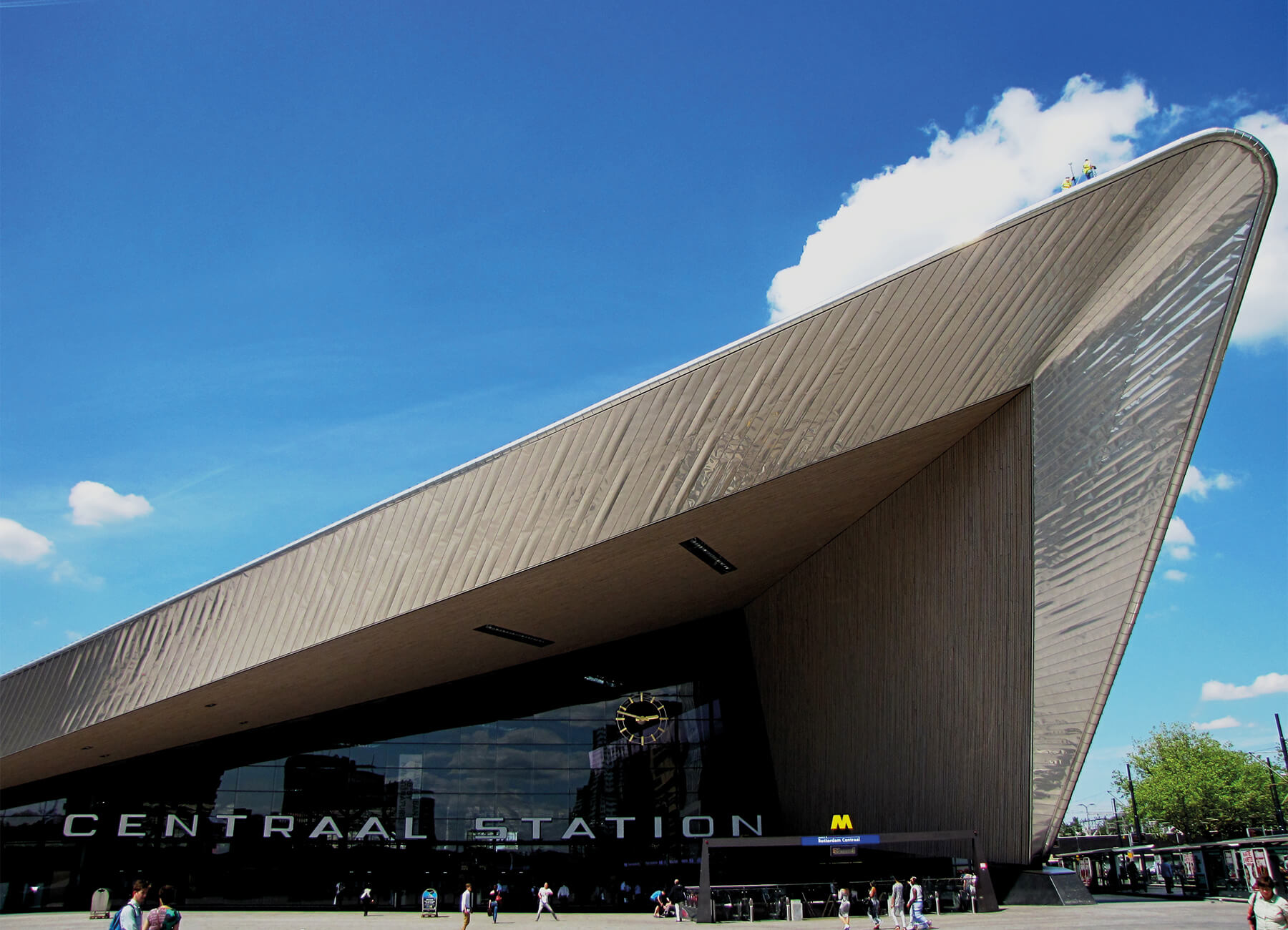 © Sjaak Kempe/WikimediaCommons
© Sjaak Kempe/WikimediaCommons
Rotterdam Centraal Station, 2014
The old station building from 1957 was closed in 2007. It was the first major Dutch station of the post-war period to make way for a new station project. The new Centraal Station opened in 2014.
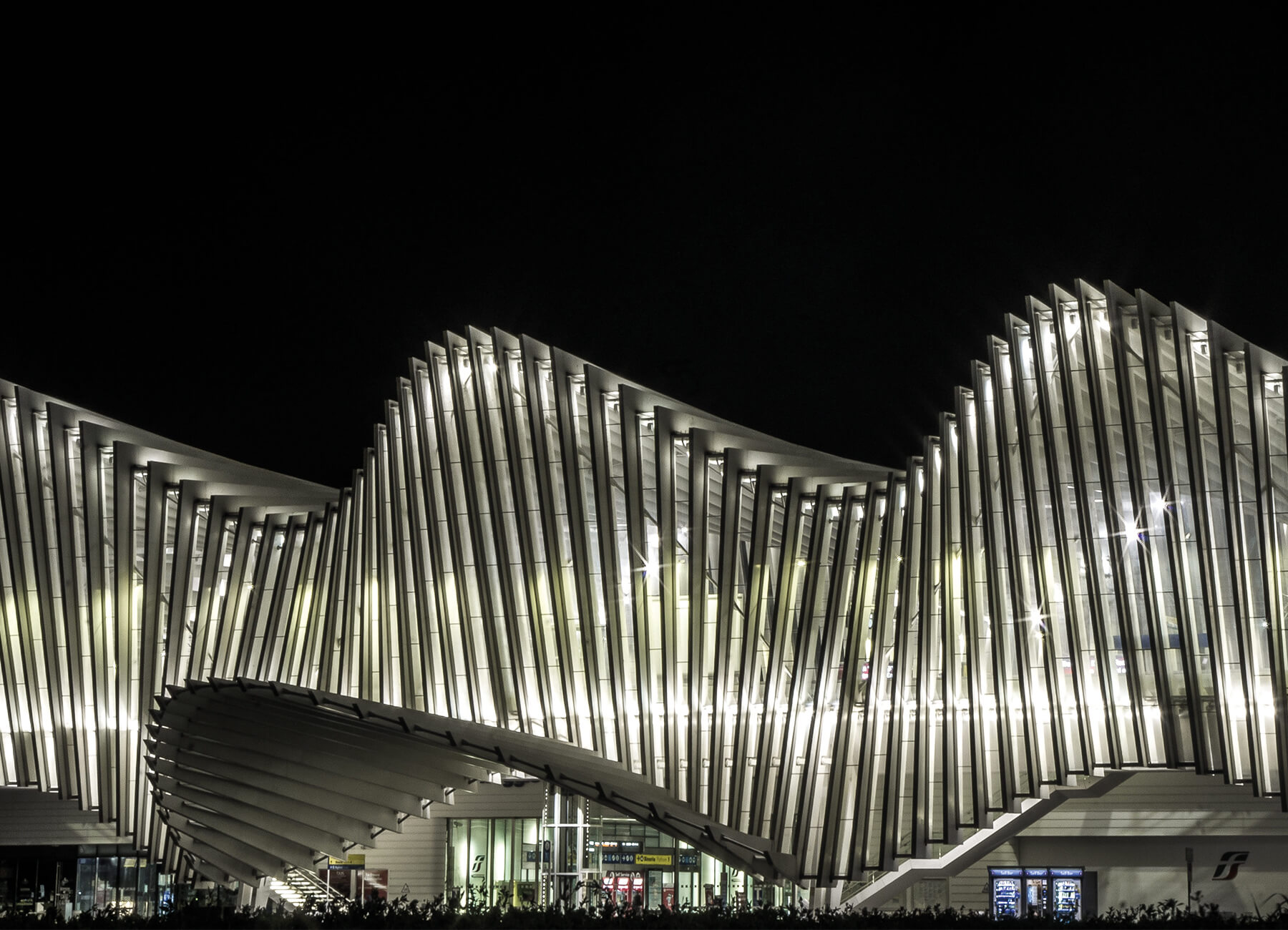 © piqsels.com
© piqsels.com
Reggio Emilia AV Mediopadana, 2013
Also designed by Spanish architect Santiago Calatrava, the station is characterised by its futuristic design. A 483-metre-long sequence of various steel portals resembles a dynamic wave.
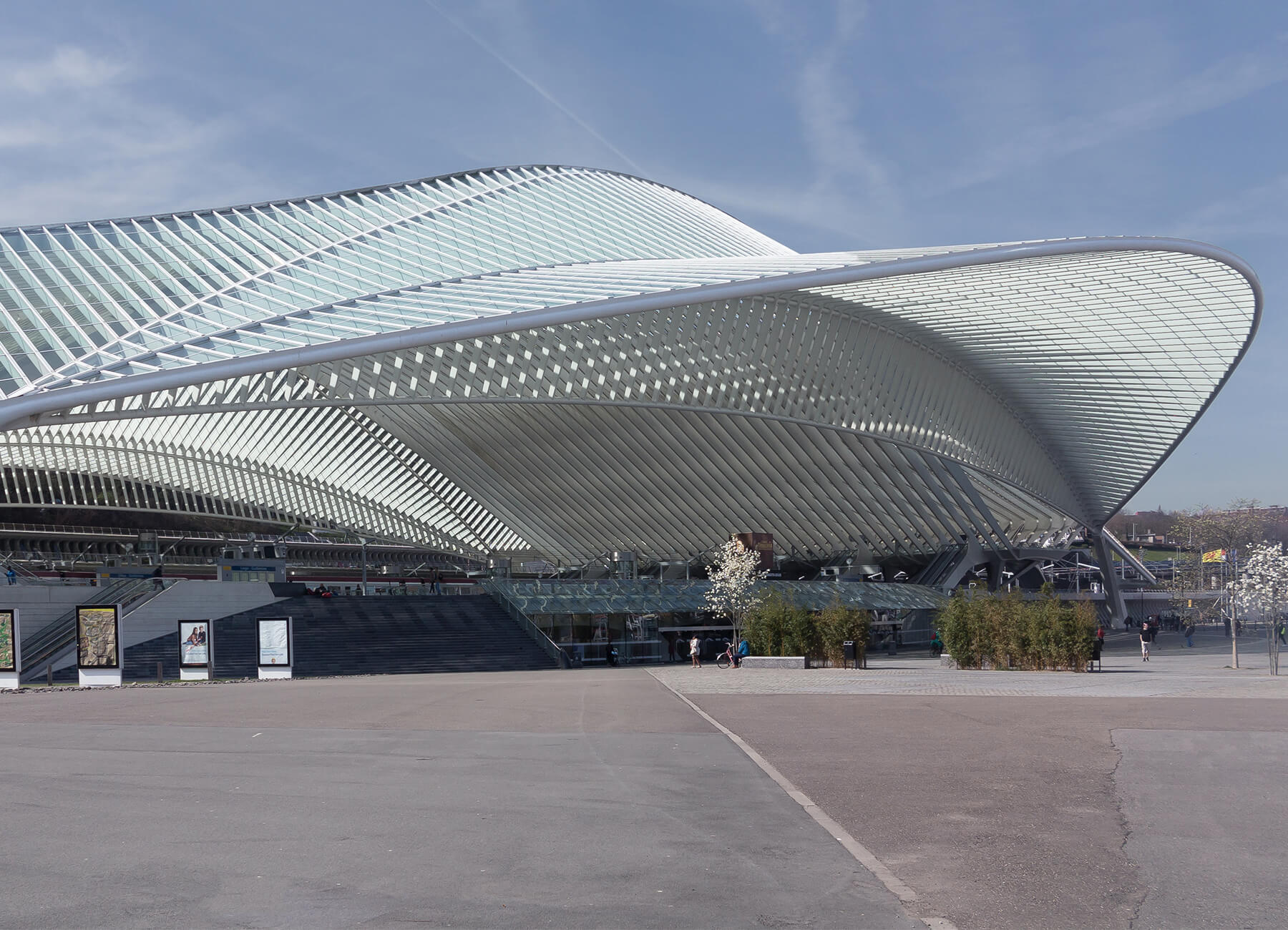 © Michiel Verbeek/WikimediaCommons
© Michiel Verbeek/WikimediaCommons
Liège-Guillemins, Lüttich, 2009
The station by architect Santiago Calatrava is dominated by a canopy 200 m long and 35 m high. It has no external façade in the conventional sense; the transition from inside to outside is seamless.
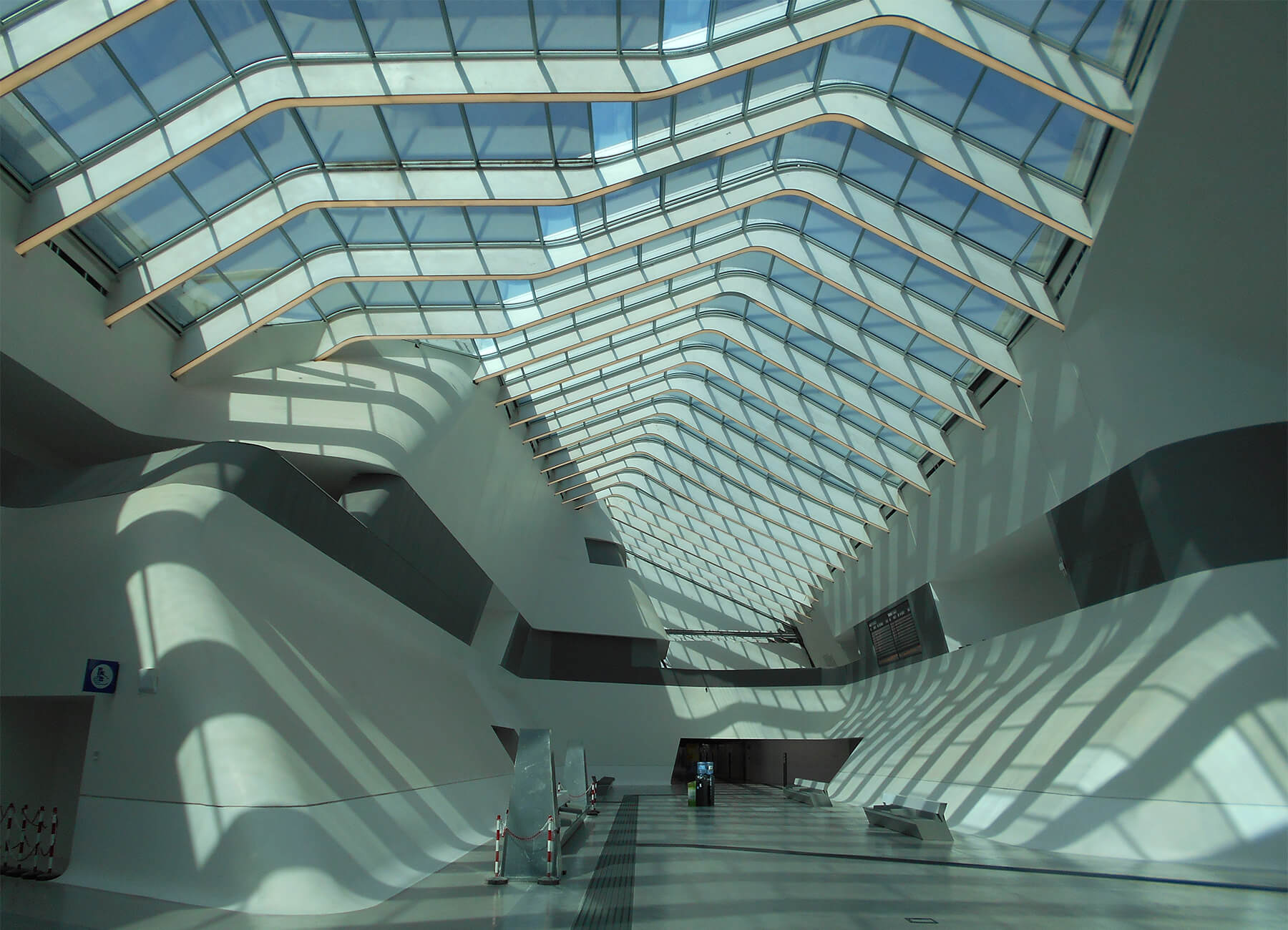 © Fabrizio Pivari/WikimediaCommons
© Fabrizio Pivari/WikimediaCommons
Neapel-Afragola, 2017
In 2003, Zaha Hadid was commissioned to design the station, which was scheduled to open in 2009. Due to various construction delays, it was only opened in 2017; Hadid had passed away the year before.
Book tips for Christmals
Whether as a gift for dear colleagues or to browse through yourself on long winter evenings: These railway-related books are ideal Christmas gifts.
Since most of our book tips are published in German, we have not translated the reviews.
Martin Weltner
Bahnhöfe der Welt
Spektakuläre Hauptbahnhöfe & erstaunliche Provinzstationen
Die Spannweite der gezeigten Bahnhöfe reicht von den »Kathedralen der industriellen Revolution« bis zu romantischen Nebenbahn-Stationen. Die großen Aufnahmen zeigen die meist spektakulären Bauten mit ihren vielen Details – oder die Schönheit der kleinen Stationen. Eine abwechslungsreiche Tour durch fünf Kontinente! Mit vielen Luftbildern.
GeraMond Verlag, 2020
Gebundene Ausgabe: 192 Seiten, Deutsch
ISBN 978-396453083
€ 41,20 Online ordern
Karl Zellhofer, Martin Zellhofer
Verschwundene Eisenbahnen im Weinviertel
Überall im Weinviertel finden sich heute noch Spuren des früher so bedeutsamen Verkehrsmittels: verfallende Bahnhöfe, überwachsene Gleisanlagen, Bahndämme ohne Schienen, bedeutungslose Brücken, Lagerhäuser ohne Gleisanschluss oder geschlossene Bahnhofswirtshäuser. Dieses Buch dokumentiert diese Reste, bevor sie ganz verschwinden, und lässt Menschen zu Wort kommen, die im Eisenbahnbetrieb tätig waren.
Edition Winkler-Hermaden, 2018
Gebundene Ausgabe: 120 Seiten, Deutsch
ISBN 978-3950447552
€ 19,90 Online ordern
Wolfgang Kos
Der Semmering
Eine exzentrische Landschaft
Als erste Gebirgsbahn stellt die 1854 eröffnete Strecke über den Semmering ein technisches und ästhetisches Monument von Weltrang dar. Ein entlegenes Gebiet wurde zur Bühne effektvoller Landschaftsinszenierungen, der Semmering zur Elitemarke des mitteleuropäischen Tourismus.
Der Kulturhistoriker Wolfgang Kos erzählt die konfliktreiche Geschichte einer exzentrischen Landschaft, eine spannende Reise durch die Jahrhunderte..
Residenz Verlag, 20210
Gebundene Ausgabe: 384 Seiten, Deutsch
ISBN 978-3701735075
€ 39,90 Online ordern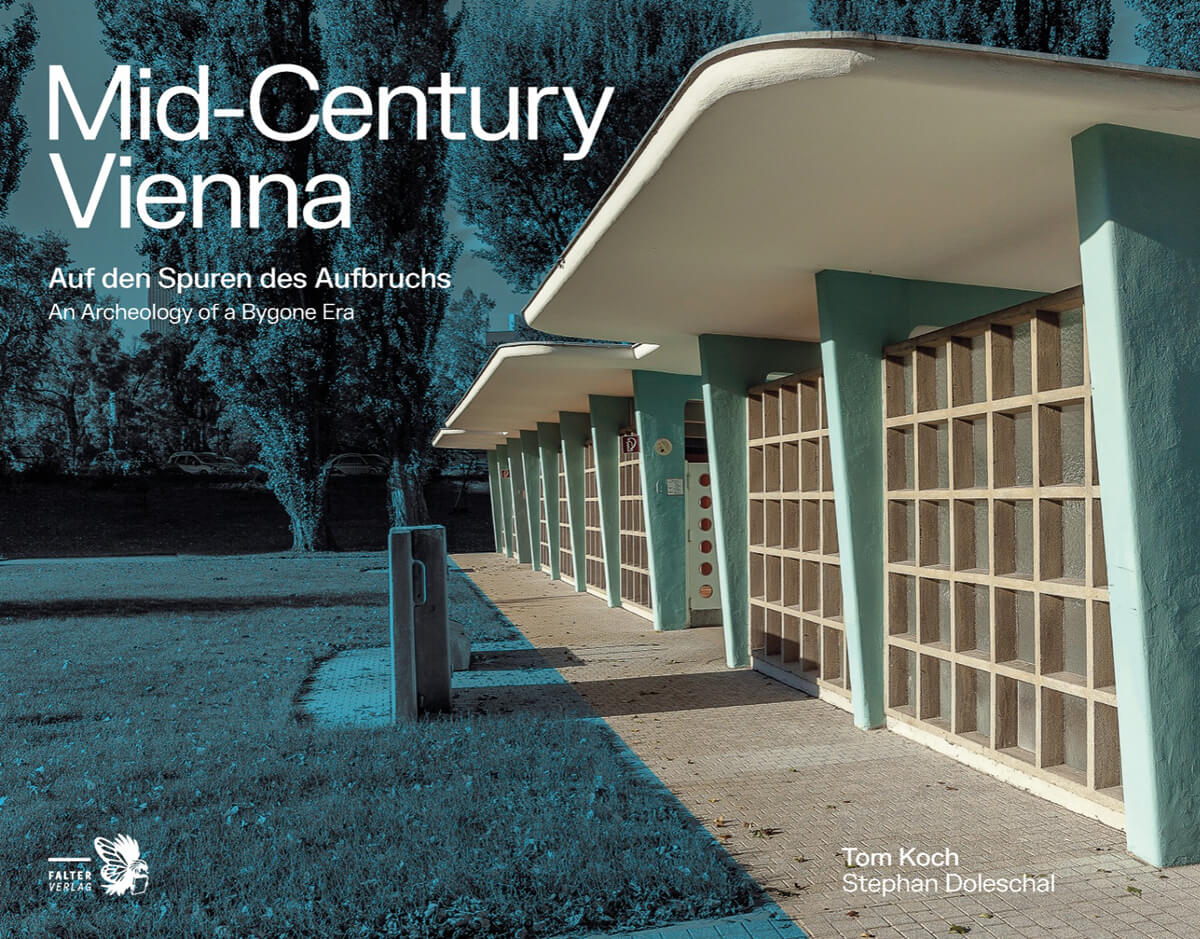
Tom Koch
Mid-Century Vienna
Auf den Spuren des Aufbruchs
Wer dem Flair des alten Südbahnhofes etwas abgewinnen kann, kommt bei diesen Buch auf seine /ihre Kosten: Der Grafiker von Level X, Tom Koch, begibt sich mit dem Fotografen Stephan Doleschal auf die Suche nach der Hinterlassenschaft der 1950er und 1960er Jahre und zeigt anhand von unbekannten oder wenig beachteten Orten: Die Zeit der Wirtschaftswunderjahre umgibt uns auch heute noch allerorts.
Falter Verlag, 2021
Gebundene Ausgabe: 240 Seiten, Deutsch/Englisch
ISBN 978-3854397014
€ 29,90 Online ordern


